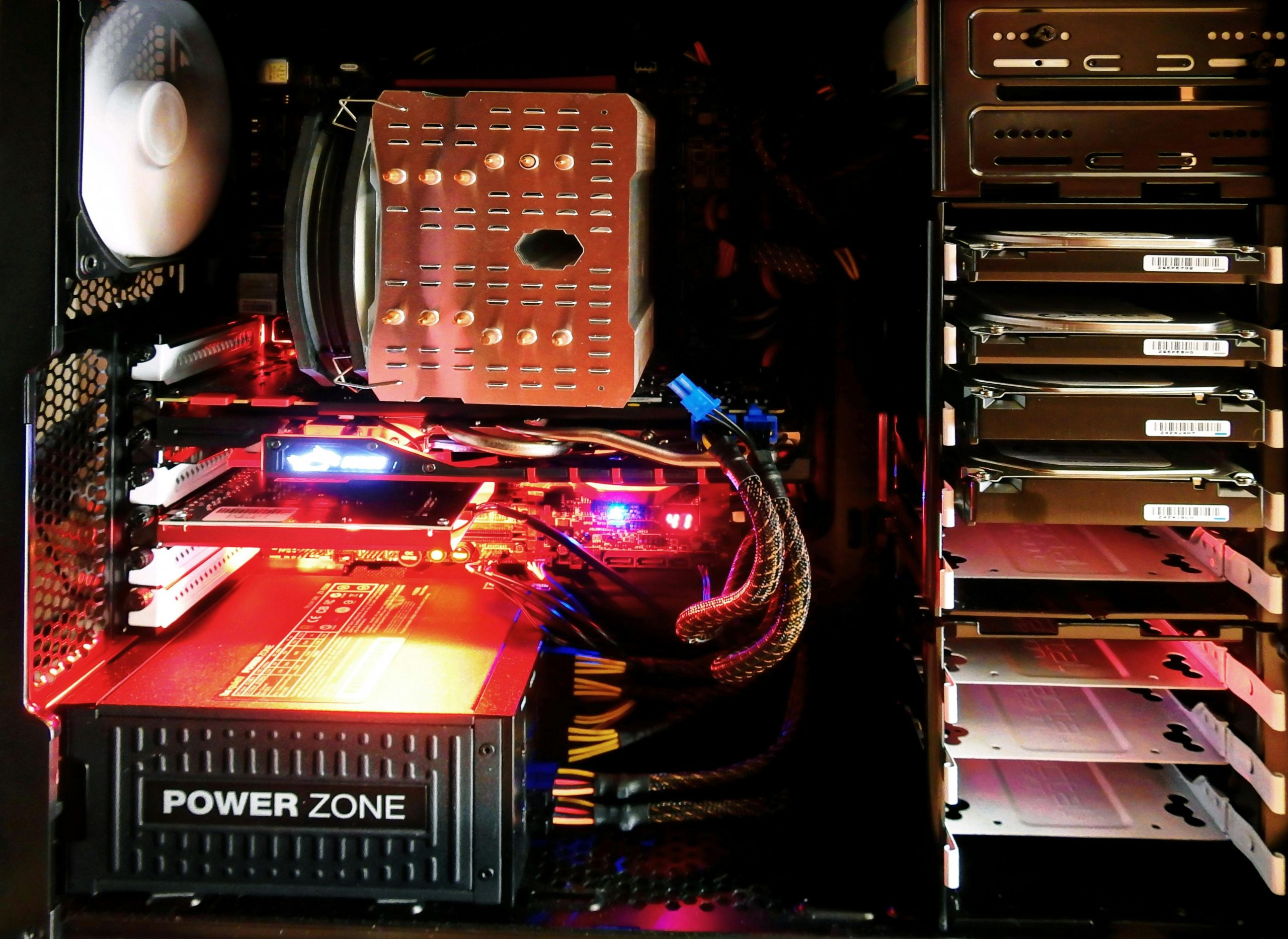Understanding Sudden Fan Loudness and PC Crashes During Gaming: A Troubleshooting Guide
If you’ve recently experienced unexpected loud fan noise and system crashes while gaming — despite your CPU and GPU temperatures remaining relatively low — you’re not alone. Many PC enthusiasts and gamers encounter similar issues, which can be both perplexing and frustrating. This article aims to shed light on potential causes and solutions, based on a real-world scenario, to help you diagnose and resolve such problems effectively.
Case Overview
The user has a custom-built gaming PC with the following specifications:
- Operating System: Windows 10
- Processor: Intel Core i5-12400F (6 cores, 2.5 GHz)
- Motherboard: Asus Prime B660-PLUS D4 ATX
- Graphics Card: NVIDIA GeForce RTX 3060 Ti 8GB
- Power Supply: Corsair TX750M Gold, 750W, semi-modular
- Cooling System: Cooler Master Hyper 212 Black Edition CPU Cooler
- Case: be quiet! Pure Base 500 ATX Mid Tower
Recently, after updating drivers and cleaning dust from the system, the user noticed that during gaming sessions—particularly with demanding titles like Baldur’s Gate 3—the fans start to ramp up significantly, accompanied by increased noise levels. Interestingly, core temperatures for CPU and GPU stay within safe limits (~30°C CPU, ~45°C GPU idle; under load, CPU around 60°C, GPU under 60°C), but the system occasionally crashes or shuts down when fans become excessively loud.
Potential Causes and Solutions
-
Fan Control and Software Settings
-
Possible Issue: The system’s fan curves might be misconfigured, causing fans to run at maximum speeds unnecessarily.
-
Solution: Use motherboard BIOS or manufacturer-provided software (e.g., ASUS AI Suite, Fan Xpert) to review and adjust fan curves. Setting a more gradual fan profile can help reduce noise while maintaining adequate cooling.
-
Power Supply and Power Management
-
Possible Issue: Sudden spikes in fan speed might be drawing more power than the PSU can reliably supply, especially if other components or peripherals are also drawing power.
-
Solution: Verify that the power supply is functioning correctly and providing stable power. If instability persists, consider testing with another PSU or ensuring that all power connectors are properly seated.
-
Driver and BIOS Updates
-
**Possible
Share this content:

